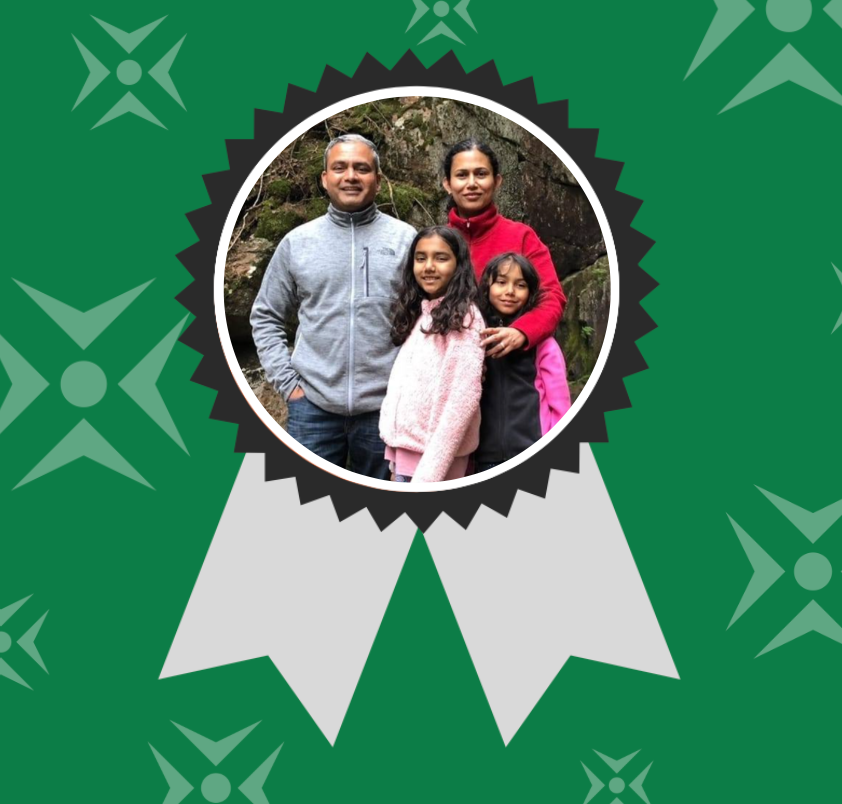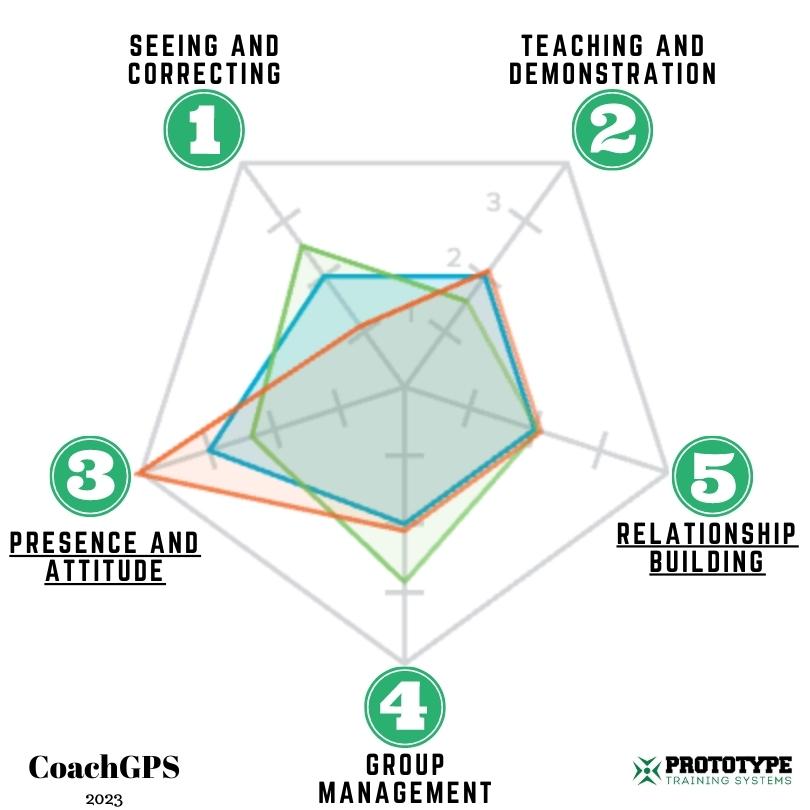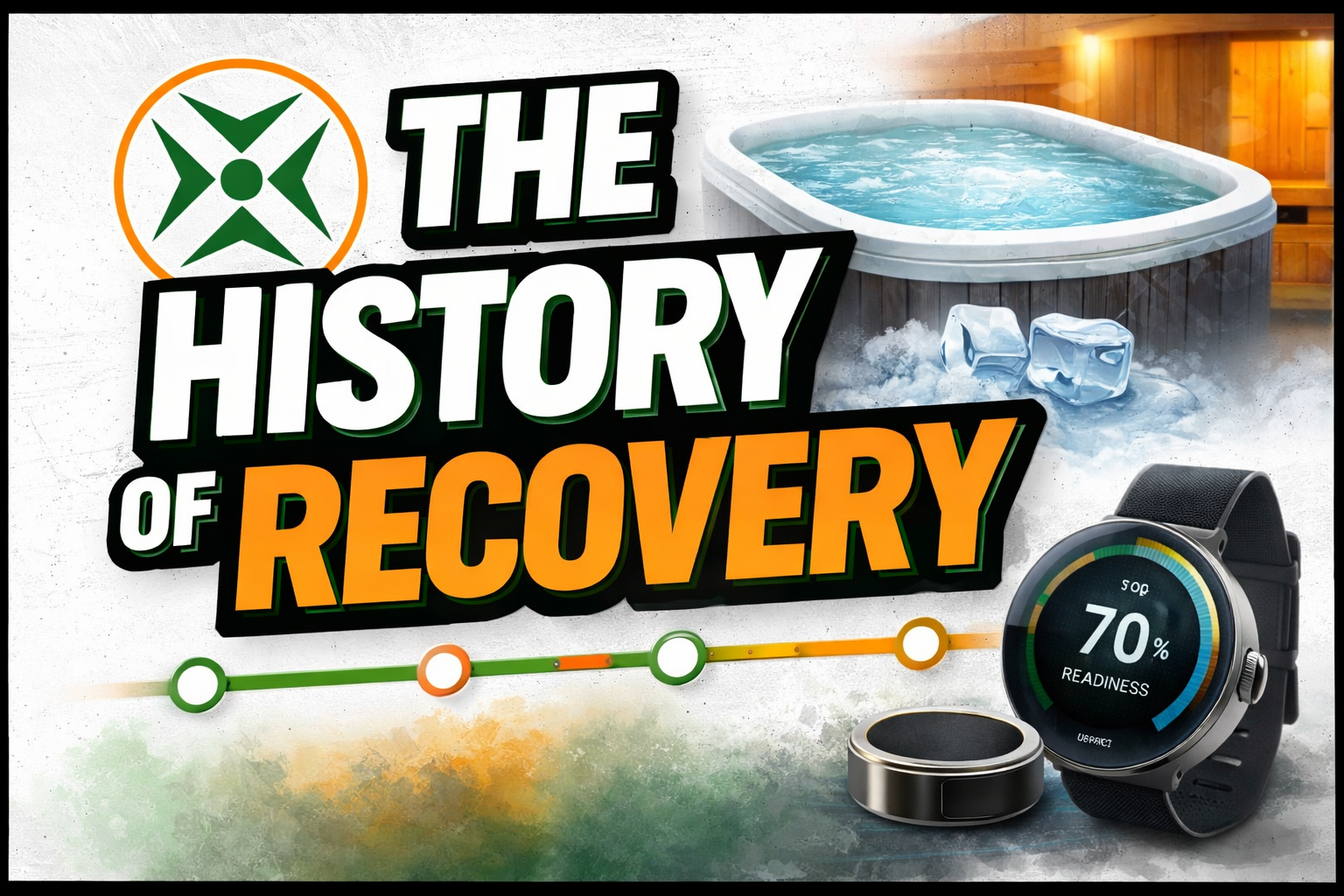Coach Development Corner: Our Coach Development Program at Prototype Training Systems
Prototype Training Systems: Shaping High-Performance Coaches
At Prototype Training Systems, we understand that coaching in the fitness industry is not just about physical training. It’s a dual focus that includes self-development and mental coaching aspects as well. Our vision within the walls of Prototype is to cultivate a team of High-Performance Coaches capable of guiding both physical and mental development for athletes and professionals alike. Beyond this, our vision is to create a coaching community or university where coaches in any domain (fitness, cooking, leadership, business, sales… you name it) can come together to develop both self and teams. Through a collective mission of helping others, we believe in developing a community of coaches that extends beyond physical training.
High-Performance Coaches: Bridging the Physical and Mental Gap
Currently, we are proud to have 5 credentialed coaches on our team who specialize in these domains. These coaches embody our dual-focus approach, seamlessly integrating physical training methodologies with mental coaching techniques. Their expertise not only contributes to holistic athlete development but also solidifies our identity as a forward-thinking gym.
The first phase of this investment is training yourself. We refer to this as the “better me” component, where we believe if you’re going to coach, teach or train someone in anything, you have to have the reps and experience getting coached, taught, or trained by someone else. Where most coaching or training programs go wrong, is there is a great emphasis on education to then apply to others. Our belief is self, first, then others… or in other words “Better me before Better you”.
Inclusive Growth: Everyone is Welcome
In terms of process and culture, we believe everyone has the capacity for growth. However, our capacity for growth also dictates our capacity to lead. As coaches, we may not consider if but we have to wear a leadership hat. Whether you are coaching or leading a big team or coaching a small group of athletes, the skills are transferable
One of the biggest problems I’ve seen in the fitness space in particular, is that individuals believe they have to know EVERYTHING before they’re able or confident enough to coach someone else. Part of our development process is in conjunction with learning and teaching. After all, as we learn and implement on ourselves, the best way to retain or further that learning is to coach or teach others.
With that being said, level of experience is not our measuring stick for bringing on new coaches. In fact, we look more at someone’s character, motivation to grow and develop, and humility before looking at their training skill set.
In practice: Currently, we are nurturing three young coaches—high school and college students—who are enthusiastically integrating into our 13-week Coach Development Bootcamp. Our first phase that we have recently implemented with our existing team AND now with bringing on new coaches is our CoachGPS system.
What we’re doing:
Our CoachGPS
Our CoachGPS is a tool that we have developed as part of our improved Coach Development system. This tool was inspired by Next Jump’s DevelopmentalGPS that assesses the 5 key areas in Leadership Development and Decision Making.
The purpose of this tool is to give a snapshot of where our coaches’ areas of strength and areas of improvement are. More importantly, this tool is used to assess any gaps in self-awareness which is the first step in growth.
There are 5 areas that we asses (we will write up a separate blog on this) which are for the most part, all horizontal development skills.
How this works is to first, fill out a self assessment… currently where do you feel you are at in each of these 5 key areas. You give yourself a score of a 1 through 4.
1=Below expectations
2=Meets expectations
3=Exceeds expectations
4=Far exceeds expectations
Next and in order to receive your completed assessment, you request 3 peer evaluations from other coaches that you have coached with recently OR that you currently work with. This then allows for our leadership team to meet and organize a plan with our coaches to help them in these particular areas. Every 6 months, we reassess to get an understanding for improvement in those areas in some capacity.
Our Coach Development Bootcamp
This boot camp is designed in 3, four-week phases, each phase focused on a distinct aspect of coaching development. The structured yet flexible curriculum allows for a deliberate and gradual enhancement of coaching skills.
The first phase establishes a foundation in relationship building, recognizing that effective coaching is rooted in trust and mutual understanding. The second phase builds on this foundation by honing coaching skills specific to physical training and mental development. Finally, the third phase encourages creative freedom, allowing each coach to conceptualize and iterate on a passion project. You can read more about that here with our current interns and young coaches who are in this process.
Passion Projects: The Prototype Freedom
We believe that passion fuels growth. Hence, during the final phase of the boot camp, each coach is encouraged to undertake a passion project. This offers an opportunity to apply learned skills in a real-world context, push boundaries, and contribute to the Prototype community in a unique, meaningful way.
The Future of Prototype Training Systems
As we look forward, we’re excited about the potential of our Coach Development Program. Our vision of creating a team of High-Performance Coaches is not just about redefining coaching in the fitness industry. It’s about fostering a community of leaders who are well-equipped to handle physical, mental, and personal development in any sphere of life.
At Prototype Training Systems, we’re not just shaping fitness coaches; we’re nurturing leaders. Leaders who will define the future of coaching in our gym and beyond. Whether you’ve been with us for years or are just starting your journey, we’re excited to grow and evolve with you. Together, we’ll redefine what it means to be a High-Performance Coach.
The post Coach Development Corner: Our Coach Development Program at Prototype Training Systems appeared first on Prototype Training Systems.
Previous Blogs


Climb to New Heights
Prototype Training Systems is more than a gym - it is a lifestyle. Join us today!



